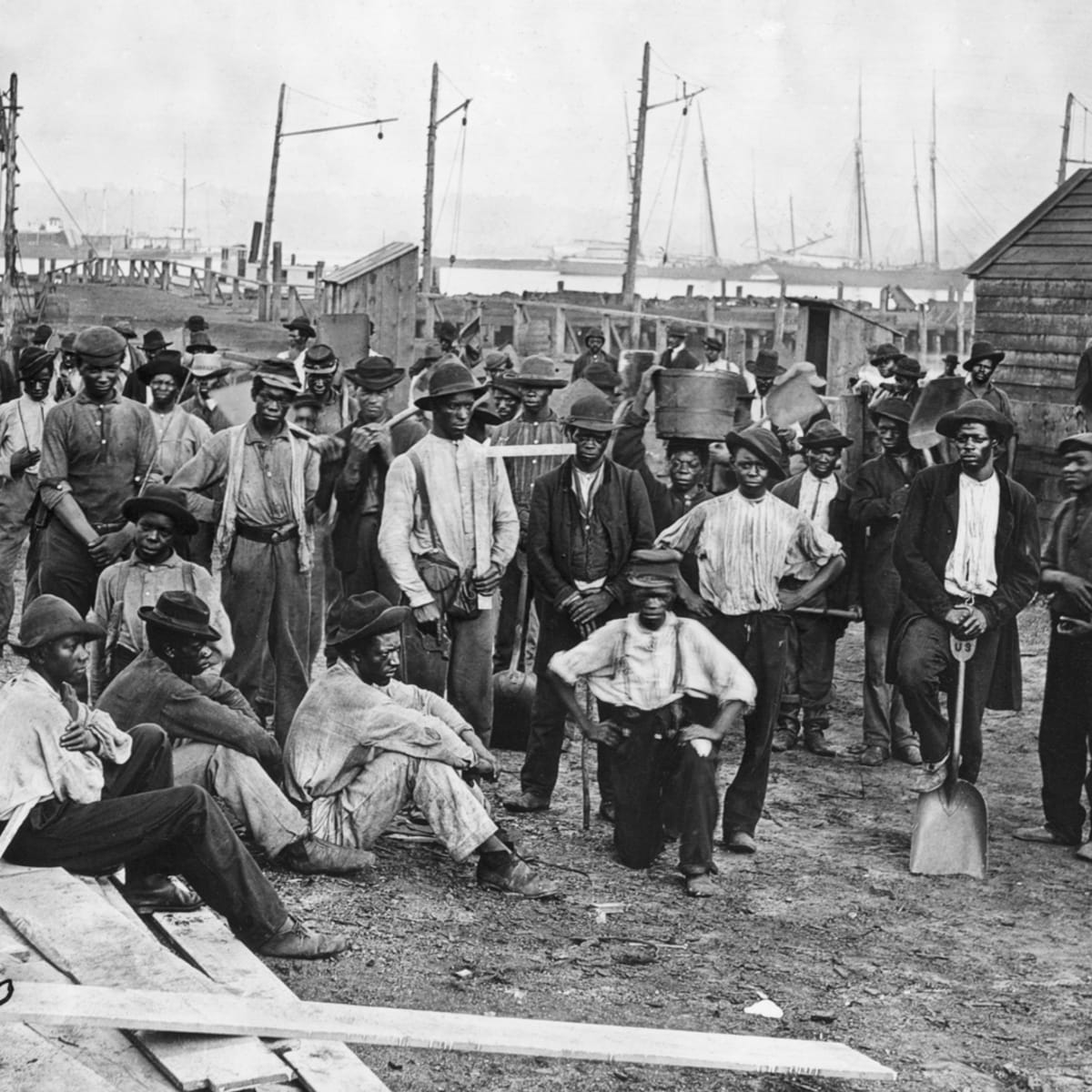6.19.21 Juneteenth
Good morning, are you enjoying the day off? Hang on, more on that in a second…
It took almost 100 years for the government of the United States to establish any federal holidays. In 1870, Congress granted paid time off to federal employees for New Year’s Day, Independence Day, Thanksgiving Day, and Christmas. But it only applied to employees working in the District of Columbia.
In 1880, George Washington’s birthday was added, after a tortured regional calendar quagmire involving Lee-Jackson Day and Lincoln’s birthday, which you can read about here. Make no mistake, the holiday is NOT Presidents Day and there is no national recognition of Lincoln, it’s Washington’s Birthday.
In 1885, Congress extended holiday payments to most federal employees nationwide. Non-essential government offices like post offices would be closed, and, as a general rule, institutions like banks and schools close also, though they are not obligated to do so.
The summer of 1888 kicked off with a new holiday, Decoration Day, which we now call Memorial Day. The summer of 1894 ended with another new holiday called Labor Day.
Armistice Day, celebrating the end of the Great War on the 11th hour of the 11th day of the 11th month of 1918, was added in 1938, just in time for World War 2 to make a mockery of it. So, a decade after that struggle, in 1954, it was reworked as Veterans Day.
Inauguration Day is an oddball, in that it happens only every fourth January 20, and technically only in DC, though some states have recently adopted it.
Columbus Day has a convoluted history. Various countries have celebrated the 1492 European arrival in America for hundreds of years, but the United States did not recognize it until, in 1892, following the murder of 11 Italian immigrants in New Orleans, President Harrison declared a one-time Columbus Day. From there, the Italian-American community continually lobbied for it as a symbol to counter anti-immigrant sentiment. It was adopted by numerous states, and finally became a federal holiday in 1968.
In tandem, Congress issued the Uniform Monday Holiday Act, permanenly scheduling Washington’s birthday on the third Monday in February (it can never fall on either of his two actual birth days), Memorial Day on the last Monday in May, Labor Day on the first Monday in September, Columbus Day on the second Monday in October, and Veterans Day the fourth Monday in October (though it was subsequently returned to its original November 11 fixed date).
Also in that fateful year of 1968, Martin Luther King, Jr. was assassinated. And for the next 15 years, Congress argued over how to honor him. In 1983, MLK’s Birthday was adopted, and assigned to the third Monday in January. Which means, yes, it can fall on Inauguration Day.
Recently, Columbus Day has come under criticism, and has morphed into a statement about the honor of natives in the face of colonialism. To date, 13 states have officially counter-programmed the day as Indigenous Peoples’ Day or Native American Day, and that trend is accelerating.
Which brings us to the last and latest federal holiday. Celebrating the reading of General Order No. 3 – which transmitted the news of the Emancipation Proclamation, ending slavery in the Confederate States – to the residents of Galveston, Texas on June 19, 1865, the day was originally known as Jubilee Day or Emancipation Day. Recognition slowly spread throughout the south, but was muted by Jim Crow laws and the Great Depression. Into the 20th century, the day became more popularly known as Juneteenth. Finally, in 2021, it was adopted as our 11th federal holiday (which caused a small ruckus in that the 19th this year falls on a Saturday, so state and local governments had to make a quick decision about which day to give their workers the day off…)
These are our holidays, these are our beliefs, they are the product of our national discussion and they reveal who we are. Whether you have today off or not, you might want to take a moment to reflect on this latest addition, and remember those who struggled and suffered to make our country a better place.
Welcome, Juneteenth.
